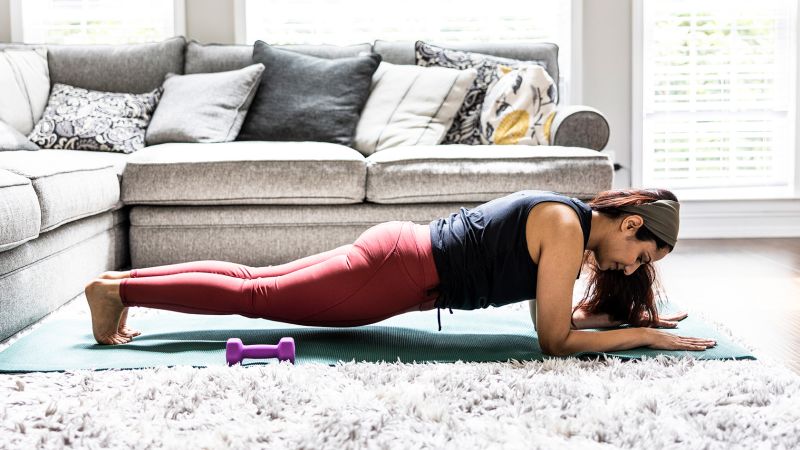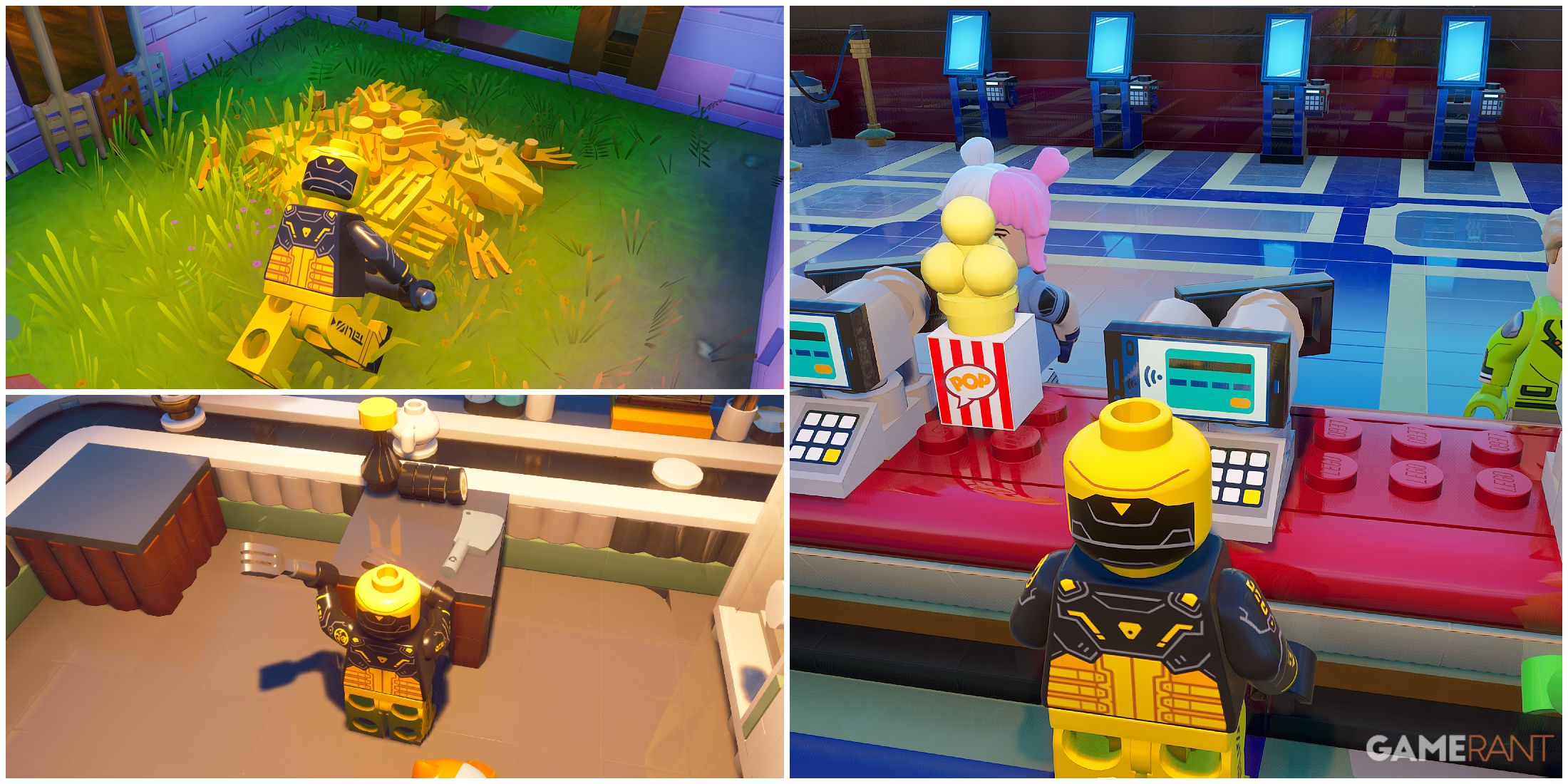Entertainment
I loved to hate pop music, until Chappell Roan dragged me back

Chappell Roan admits fame adds to mental health struggles
At a Grammy Museum event, Chappell Roan opened up about managing success and her own mental health.
If there’s one thing a lot of people know about me, it’s that I do not like pop music.
My husband automatically changes the radio station when Taylor Swift or Ed Sheeran songs start to play. I have covered many Grammy and MTV VMA Awards as a member of the entertainment staff at USA TODAY and bothered our music writers with “Who’s that?” and “Why are they famous?” questions as baby-faced new artists perform synthy chart-toppers that I can’t remotely connect with emotionally. I don’t know the names of the Top 40 songs I hear in the back seats of Ubers and Lyfts. In high school, clinging to the cool kids and our Homecoming playlists on iPod Videos, I reluctantly embraced pop. But the older I got, the less I was interested in trying to like new music, playing my millennial emo bands on repeat long enough for teenagers to start calling Green Day “dad rock.”
So when I posted my Spotify Wrapped to Instagram this year, many of my friends were likely shocked to see that amidst the showtunes and alt rock repeats were quite a few songs from a red-haired wonder who, probably like many of you, I hadn’t even heard of when 2024 started. But this summer, songs like “Red Wine Supernova” and “HOT TO GO!” started creeping into my daily Spotify playlists next to all my throwbacks. And I was intrigued enough by the beautiful vocals, queer lyrics and sudden ubiquity of this new singer to find out more.
“I have a dumb question,” I texted a friend in July who is far more attuned to the music zeitgeist. “Where did Chappell Roan come from?”
In my head I was still pronouncing Roan’s first name as “Sha-pelle” (thanks to the similarities to the surname of comedian Dave Chappelle), and all I knew about her was that she had a couple of bangers in her back pocket. I was not expecting the short essay my friend delivered about the rise (no fall yet) of this particular Midwestern pop princess, or my forthcoming obsession with every song and TikTok-worthy dance move.
I now know where Chappell Roan came from, as well as (nearly) all her lyrics and her associated memes (“Do you think she’ll play ‘Hot to Go?’). My 3-year-old knows some of the (age-appropriate) lyrics, too. It’s fine. It’s cool. It’s casual.
There have been a handful of new and exciting pop acts over the past few decades that have garnered the kind of near-instant celebrity Roan has managed this year, but none have cracked my cold, angry, alt-rock exterior. From her look to her sound to her reaction to fame, Roan is different. Maybe it’s her authenticity, the irresistible earworms she pens, maybe it’s her lush and captivating voice or maybe it’s seeing a queer artist so proudly express herself. Maybe it’s some other X factor altogether, an unquantifiable level of cool that draws 30-something moms trying to maintain relevance along with the teens, tweens and 20-something crowd.
It’s a little bit of all of it, of course, helped immensely by the quality of her Grammy-nominated songs (Roan earned six nominations for the upcoming awards, including the “Big Four” categories of album of the year, record of the year, song of the year and best new artist). She has a sumptuous, gravelly voice that is addictive. I normally write about TV, and her music gives me binge-watch feelings as I cycle through my fourth listening of her album “The Rise and Fall of a Midwestern Princess” in a single work day. Suffice to say I’m hooked.
Roan has made me a fan but also helped soften my cynicism about pop altogether. It’s not all cookie cutter robo-tunes and forgettable faces. It was an easy jump from Roan to explore the albums of her friend Olivia Rodrigo, who Roan opened for on the recent “Guts” world tour, and from there to this summer’s other sensation, Sabrina Carpenter. Neither has my heart the way Roan does, but I can hum happily along to “Espresso” enough to enjoy the “Saturday Night Live” sketch.
So yes, I was once known for my loathing of pop music, but as Roan might say, I appear to be standing face-to-face with “I told you so.”
I don’t want to call it off. I do want to call it love.










